
News
Filters

Be part of our legacy – Sponsor a Fellow
As a Fellow, you’re at the heart of our College – we trust in you to lead the conversations, help set our standards and contribute to shaping the future of your profession. Fellowship is also an acknowledgement of your achievements, a recognition of your standing and expertise.
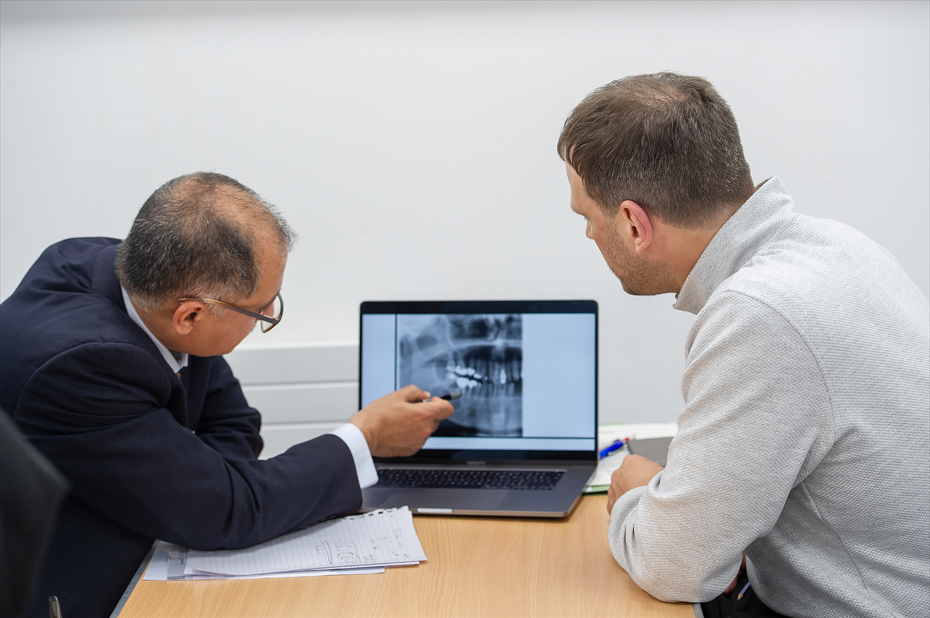
Call for dentist to chair new Advanced Fellowship in Orthodontics
Applications are now open for an Examination Board Chair to lead the new Advanced Fellowship in Orthodontics.

Fellows and Members recognised in King’s New Year’s Honours List
College congratulates Fellows and Members named in His Majesty the King’s New Year's Honours List.
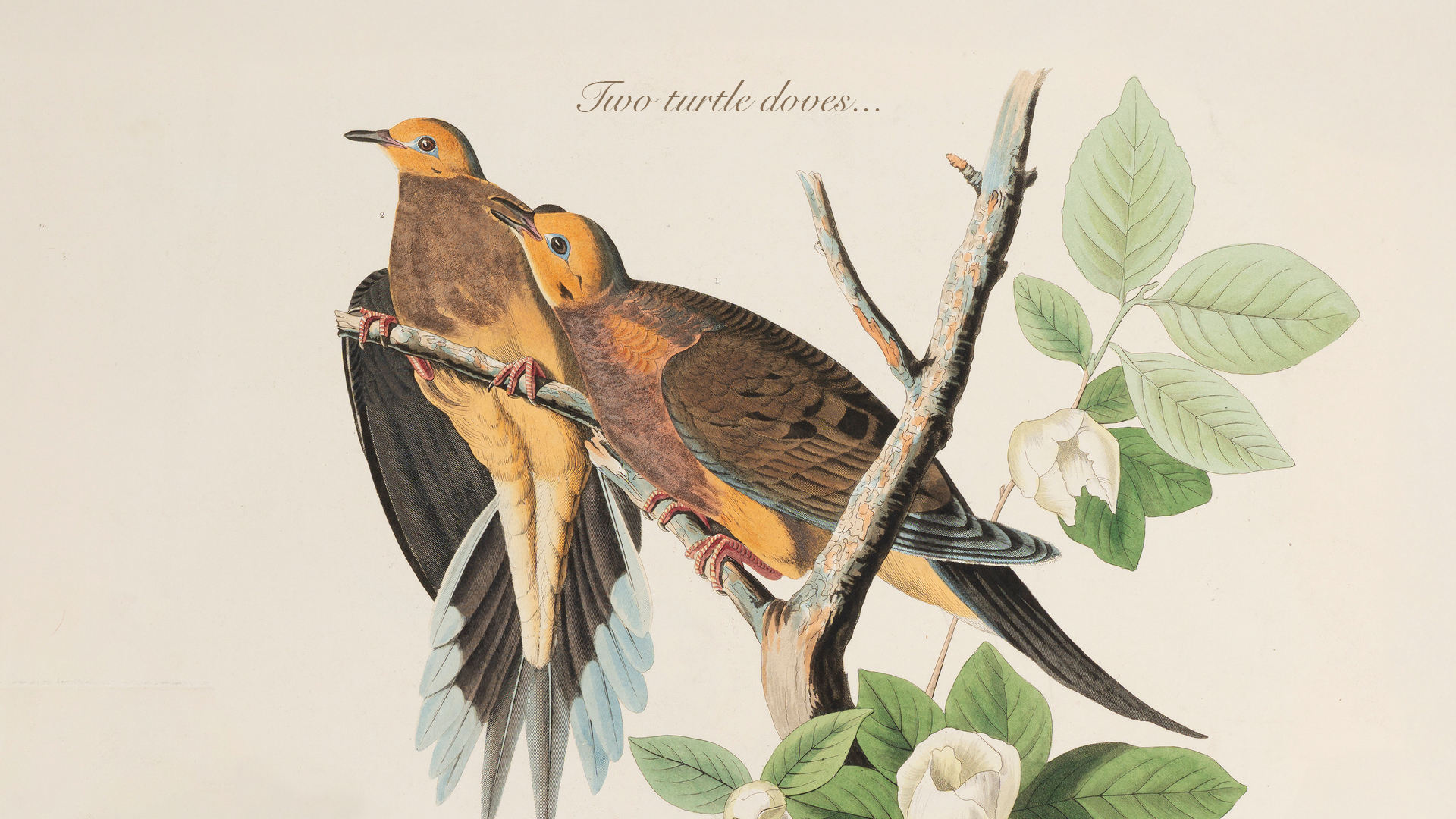
Festive opening hours
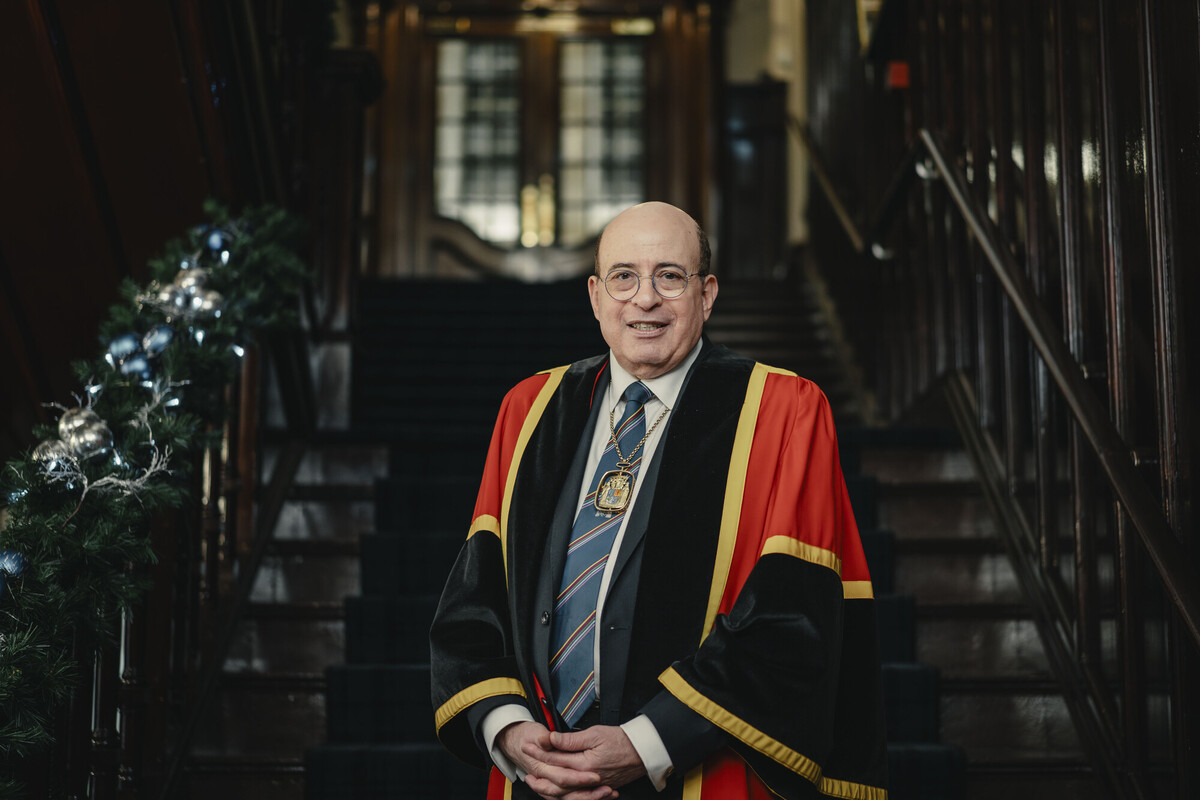
Festive message from the President
College President, Professor Hany Eteiba, addresses Fellows and Members ahead of the festive season.

Faculty of Dental Surgery welcomes new Vice President
The College has welcomed Ms Vicki Greig as the new Dean and Vice President (Dental) alongside Mr Craig Mather and Mr Albert Yeung as Vice Deans.
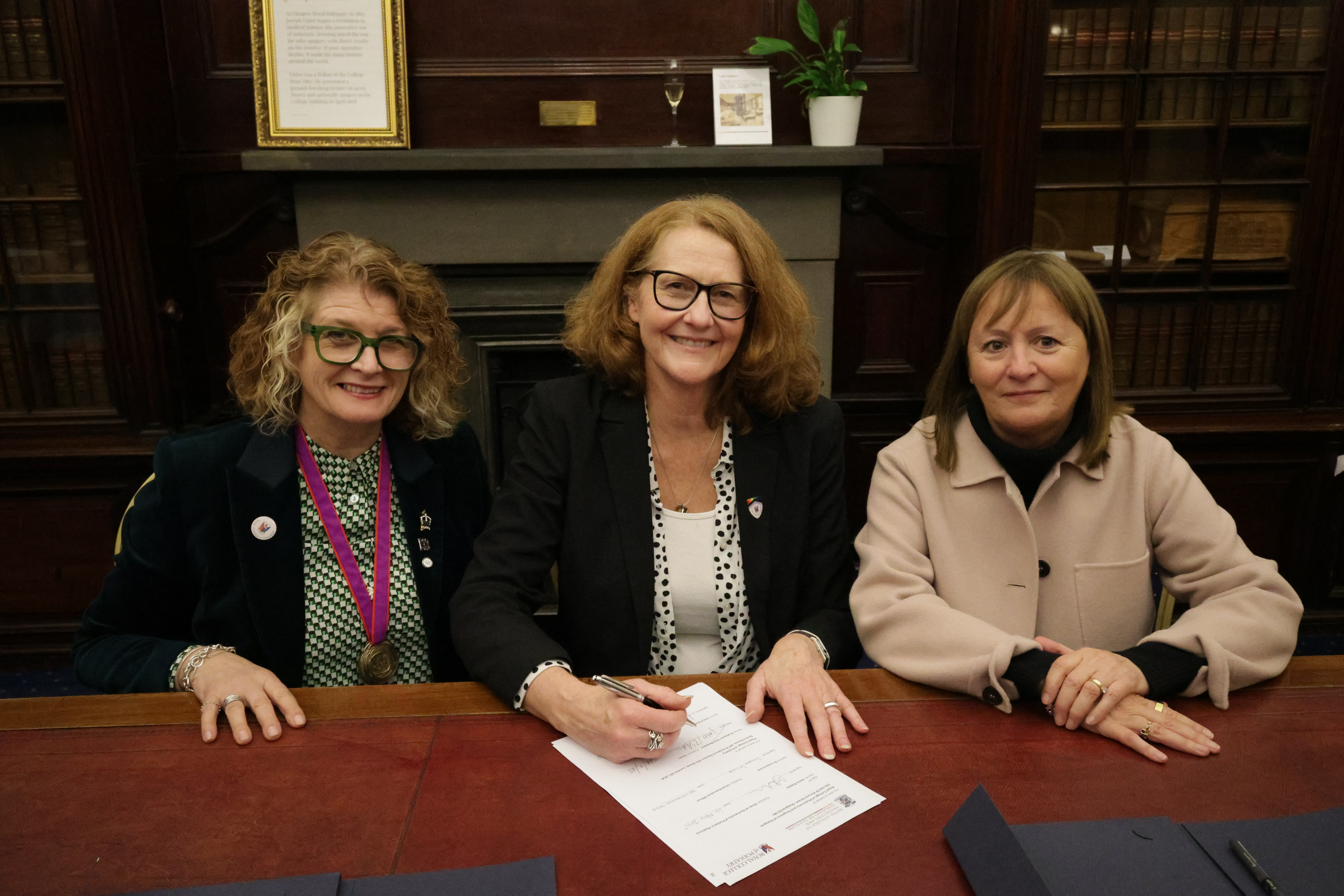
Royal Colleges to work together for the future of podiatry
Agreement will advance podiatric practice, recognise innovation, and reinforce the role of podiatrists in public health.

Greater clarity needed on assisted dying to protect patients and doctors, clinicians say
College publishes results of survey of UK-based Fellows and Members.
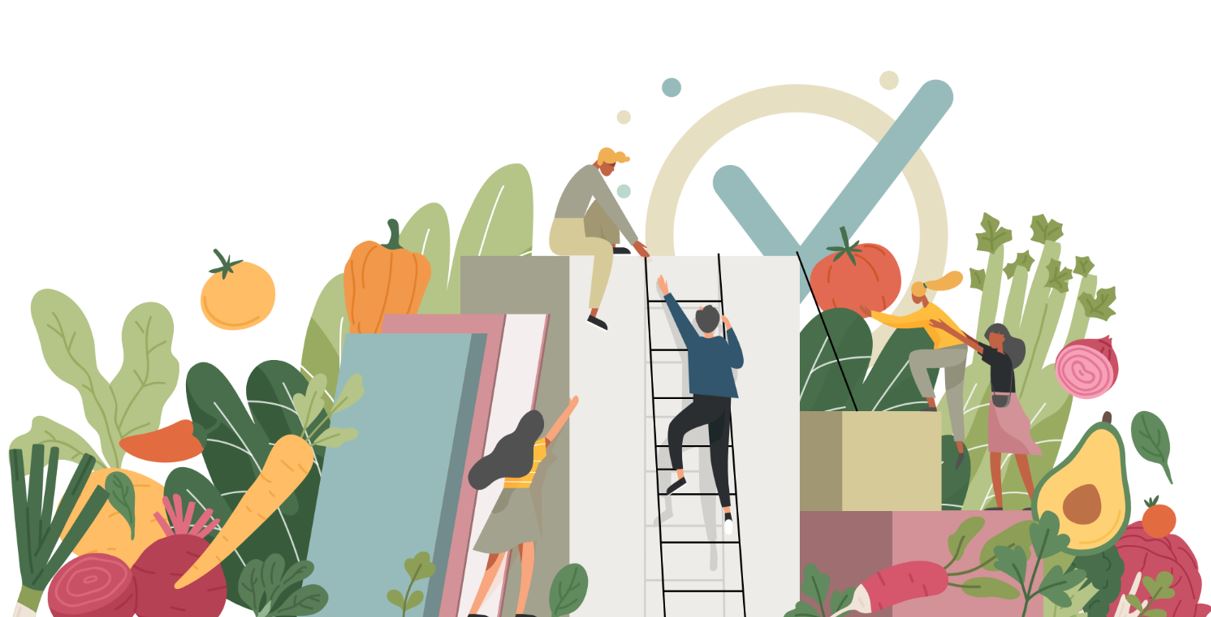
Watch our climate webinar on ultra processed food
Doctor, scientist and TV presenter, Dr Chris van Tulleken, is among the experts exploring the impact of ultra-processed food on human and the planetary health in a webinar hosted by the College. Find out how you can watch for free below.
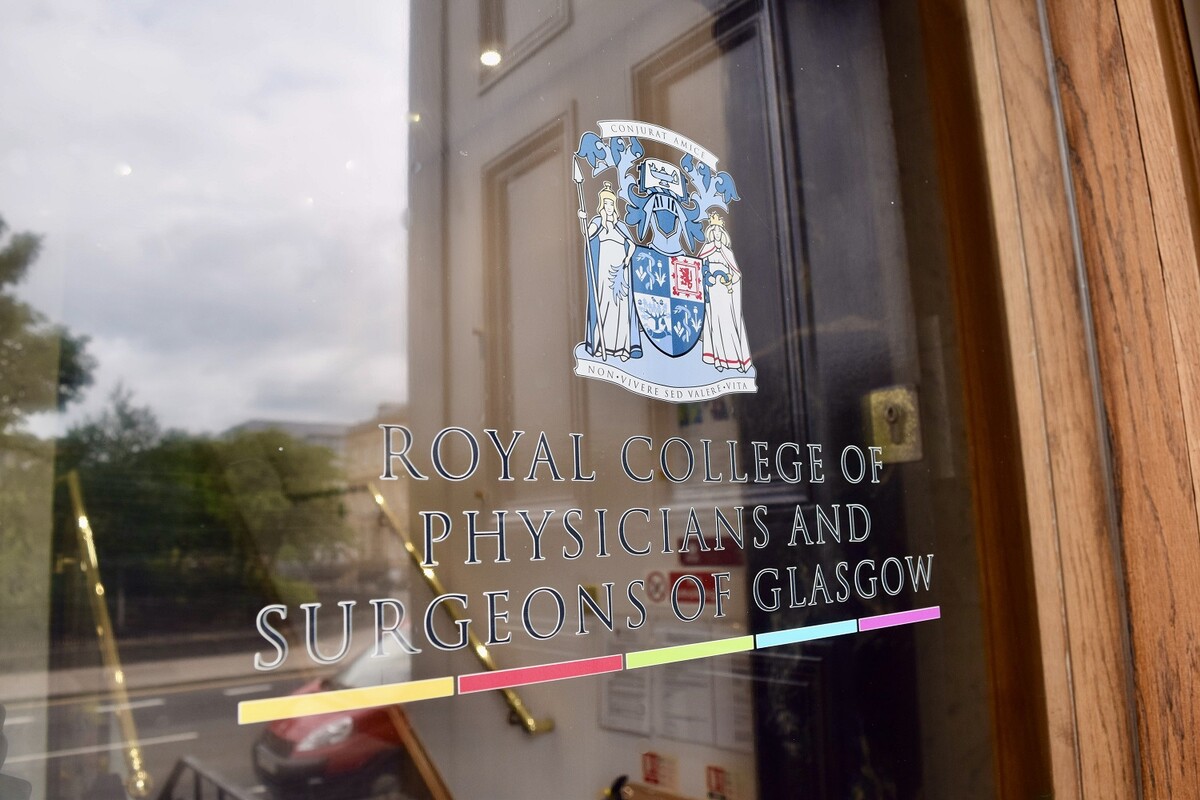
2025 Focus on physicians survey: rota gaps, vacancies and wellbeing
Findings on rota gaps, vacancies and staff wellbeing from the 2025 Focus on physicians survey have been published by the three UK royal colleges of physicians.
